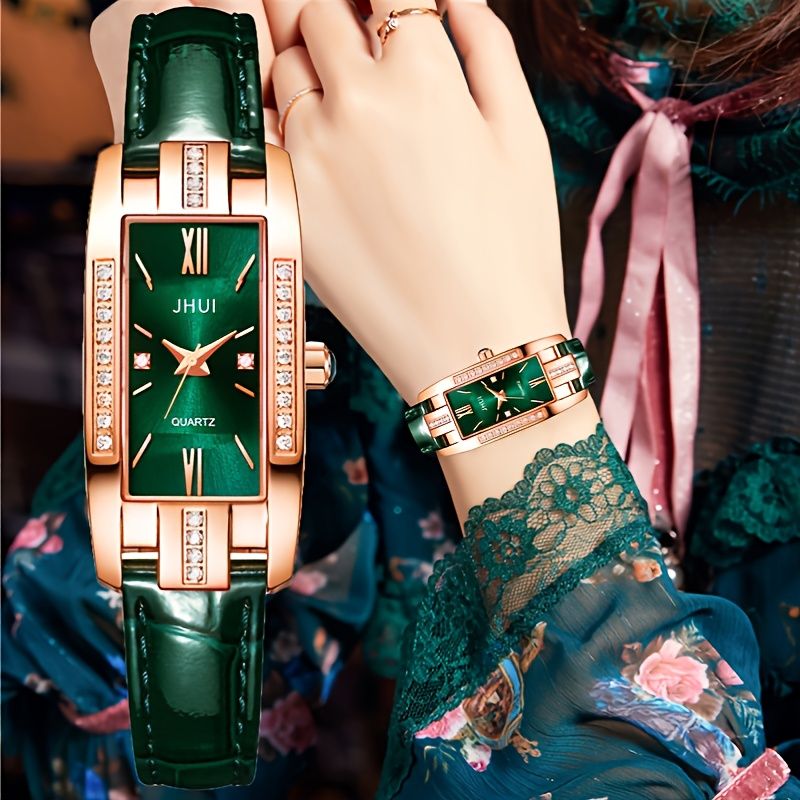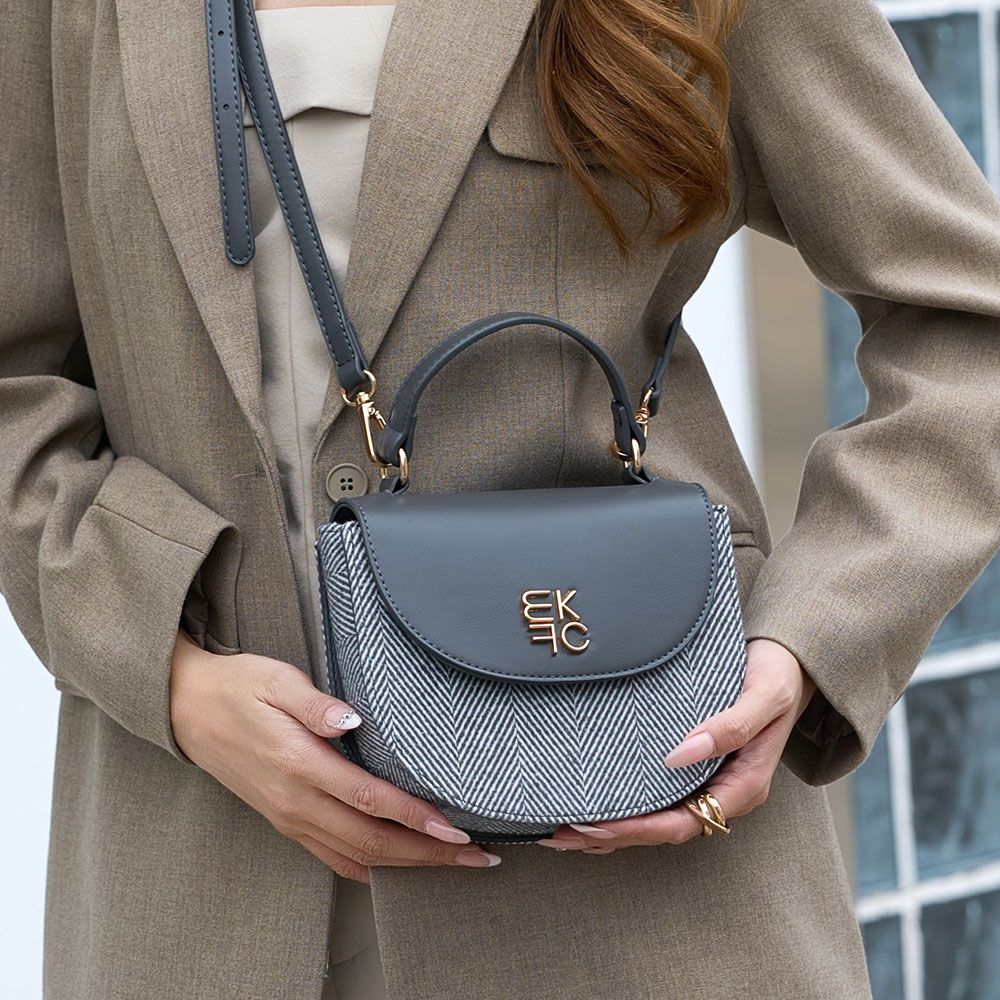
Cultural Influences in Modern-Day Fashion
In today's rapidly evolving world of fashion, cultural influences play a pivotal role in shaping contemporary trends. Fashion has always been a reflection of society, and in modern times, it has become a melting pot of diverse cultural elements that blend together to create unique and innovative styles. From traditional garments to iconic motifs, the fusion of cultures has revolutionized the fashion industry, bringing new perspectives and fresh ideas to the forefront.
Diversity in Fashion
One of the most fascinating aspects of modern-day fashion is its celebration of diversity. Designers from around the globe draw inspiration from different cultures, weaving traditional craftsmanship and storytelling into their creations. Whether it's the vibrant colors of African prints, the intricate embroidery of Indian textiles, or the minimalist elegance of Japanese design, cultural influences add depth and richness to the fashion landscape.
Traditional Garments Reimagined
Traditional garments have long served as a source of inspiration for contemporary fashion designers. From the kimono to the sari, these iconic pieces have been reimagined and reinterpreted in modern collections, giving them a new lease on life. By blending traditional silhouettes with a contemporary twist, designers breathe new energy into age-old styles, creating a harmonious fusion of the past and present.
Global Runways
The influence of culture can be seen on runways around the world, where designers showcase a diverse array of styles that pay homage to various traditions. Fashion weeks in major cities like Paris, Milan, New York, and Tokyo serve as platforms for designers to present their interpretations of cultural motifs, textiles, and techniques. These global runways not only inspire new trends but also encourage cross-cultural dialogue and exchange in the fashion community.
Iconic Motifs and Symbols
Cultural motifs and symbols often find their way into modern fashion, adding a layer of meaning and symbolism to clothing and accessories. From intricate tribal patterns to religious symbols, these iconic motifs serve as visual storytelling elements that connect wearers to their cultural roots. By incorporating these symbols into their designs, fashion designers create pieces that resonate with people on a deeper level.
Sustainable Practices
Cultural influences in fashion also extend to the realm of sustainability, where traditional practices and materials are embraced for their eco-friendly properties. Designers are increasingly turning to artisanal techniques and natural fibers sourced from local communities, paying homage to traditional craftsmanship while promoting ethical and sustainable fashion practices. This fusion of culture and sustainability highlights the importance of preserving heritage and supporting communities through fashion.
Street Style Revolution
Street style has become a powerful force in modern fashion, with influencers and trendsetters showcasing a mix of global influences on social media platforms. From vintage finds to bold prints, street style reflects a myriad of cultural inspirations that break boundaries and redefine norms. This democratization of fashion allows individuals to express their unique cultural identities through clothing, creating a vibrant tapestry of styles.
Cultural Appropriation vs. Appreciation
The conversation around cultural influences in fashion also includes discussions on cultural appropriation versus cultural appreciation. While borrowing elements from different cultures can lead to creative collaboration and cross-pollination of ideas, it is essential to do so respectfully and with an understanding of the cultural significance behind the designs. Fashion brands are increasingly being called upon to engage in meaningful dialogue and ensure that cultural influences are celebrated in a way that honors their origins.
Empowering Communities
By embracing cultural influences in fashion, designers have the opportunity to uplift and empower marginalized communities. Collaborations with artisans and craftsmen from diverse backgrounds not only showcase their skills and heritage but also provide economic opportunities and promote cultural exchange. Fashion becomes a platform for social impact, fostering inclusivity and diversity within the industry.
Inclusive Representation
Recognizing the importance of inclusive representation, fashion brands are increasingly embracing diversity on the runway and in their campaigns. By featuring models of different ethnicities and body types, brands are challenging traditional beauty standards and celebrating the uniqueness of individuals from all walks of life. This shift towards inclusivity showcases the power of cultural influences in promoting acceptance and unity through fashion.
Future Trends
As we look towards the future of fashion, it is evident that cultural influences will continue to shape and redefine the industry. From sustainable practices to inclusive designs, the fusion of cultures will pave the way for innovative trends that resonate with a global audience. By embracing diversity and celebrating heritage, fashion has the power to create a world where cultural influences are not just trends but a way of life.
Embracing Cultural Fusion
As we navigate the ever-changing landscape of modern-day fashion, one thing remains clear - cultural influences are a driving force behind the evolution of style. By embracing the rich tapestry of diverse traditions and narratives, fashion has the power to unite us all in a shared appreciation of beauty, creativity, and heritage. Let us celebrate the cultural fusion that enriches our wardrobes and our lives, creating a more vibrant and inclusive fashion community for generations to come.



